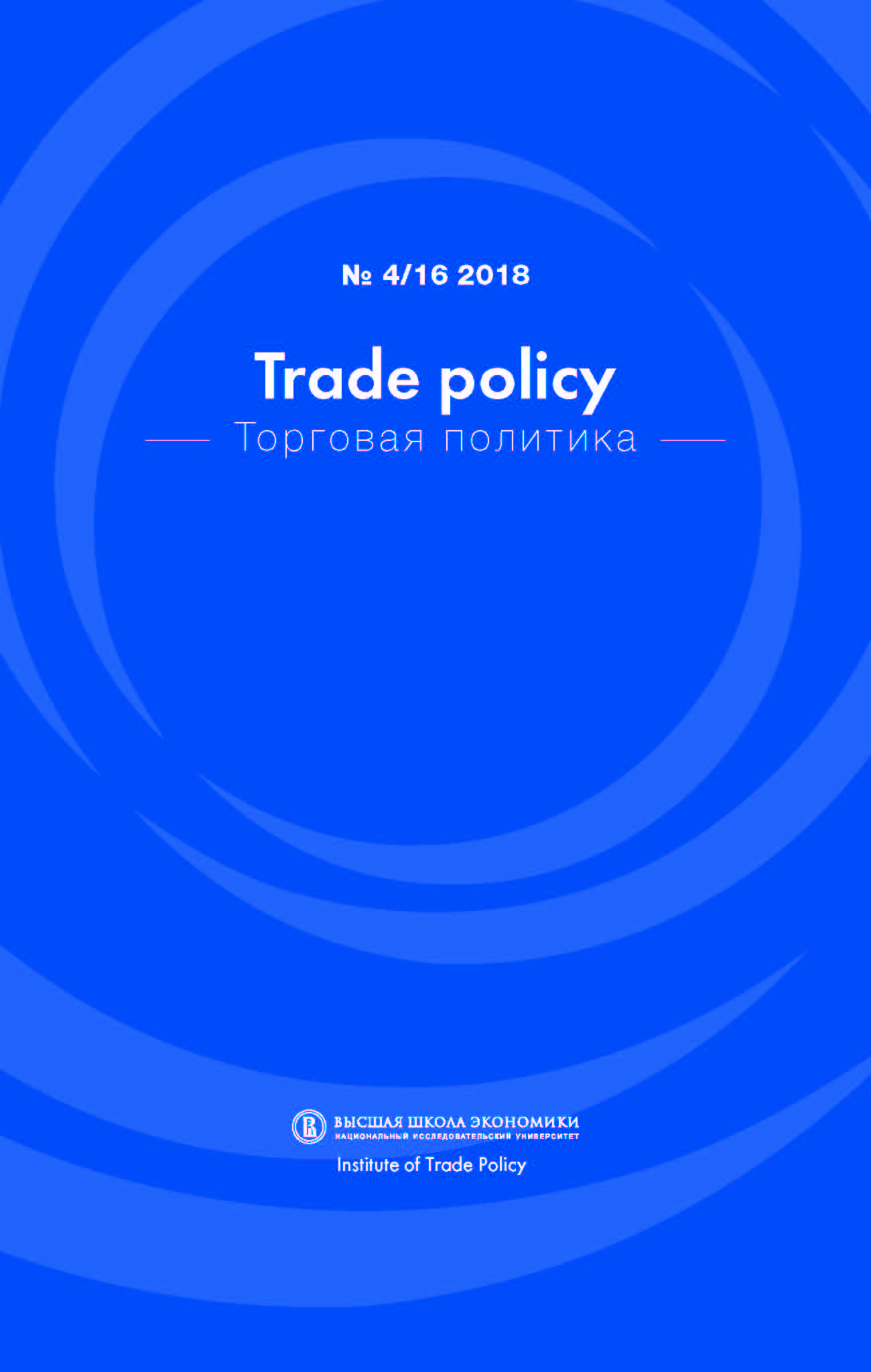Theoretical Aspects of Export Potential, its Essence and Development
Abstract
The article examines the concept of “export potential”, identifies parameters that characterize it, and also provides the author’s definition of this concept. From the author's conclusions, it should be noted that the behavioral nature of exports plays a fundamental role in shaping the direction of the export strategy itself, since “export behavior” involves the transformation of the export model and advancing it to a new level - the level of innovative development.
In addition, in modern conditions, especially in the conditions of the WTO, it is important to consider “export-behavior” in conditions of the world economy challenges. The central element of these challenges is the “decision-making” process. Such actions can have liberalizing or discriminatory character in regard to business partners. Thus, according to the author, the current export potential of Kazakhstan should be considered as a possible behavior in the external economic environment that meets the requirements of the WTO.
Downloads
References
2. Мочало Б.М. Экономический потенциал развитого социализма. – М., 1982.
3. Румянцева М.А. Политическая экономия // В кн.: Экономическая энциклопедия: в 4 т. – М.: Советская энциклопедия, 1980. - Т. 4.
4. Белоусов Р.А. Рост экономического потенциала. - М.: Экономика, 1971.
5. Райзберг Б.А., Лозовский Л.Ш., Стародубцева Е.Б. Современный экономический словарь. - Изд. 2-е, испр. - М.: ИНФРА-М, 1999.
6. Ермакова А.А. Теоретические подходы к определению понятия «экономический потенциал» // Молодой ученый. – 2016. – №10(114). – С. 15-19.
7. Пилипенко И.В. Конкурентоспособность стран и регионов в мировом хозяйстве: теория, опыт малых стран Западной и Северной Европы. – Смоленск: Ойкумена, 2005.
8. Орешкин В.А. Актуальные проблемы развития МЭО. - М.: ВАВТ, 2009.
9. Савинов Ю.А. Проблемы повышения конкурентоспособности российских предприятий в международной торговле // Вопросы статистики. - 2004. - №4. - C. 15-29.
21. Пшунетлев В.А. Международный маркетинг и бизнес: уч. пособие - Сыктывкар: СГУ, 2002.
22. Швандар К.В. Исторический аспект развития концепции международной конкурентоспособности. – М.: МАКС Пресс, 2005.
23. De Ferranti D. et. al. Inequality in Latin America: breaking with history? / World Bank Latin American and Caribbean Studies. – Washington, 2004.
24. Brenton P. Watching more than the discovery channel: export cycles and diversification in development // URL: http://siteresources.worldbank.org/INTDEBTDEPT/Resources/468980-1170954447788/3430000-1273248341332/20100426_10.pdf.
25. Lederman D., Maloney W. Trade structure and growth // In.: Breaking into new markets: emerging lesson for export diversification / ed. R. Newfarmer, W. Shaw, P. Walkenhorst. – Washington, 2009.
26. Кокушкина И.В., Воронин М.С. Международная торговля и мировые рынки - СПб.: Техническая книга, 2007.
27. O’Donnell M., Turner M. Exporting new public management: performance agreements in a Pacific microstate // International Journal of Public Sector Management. - 2005. - Vol. 46, №7. - Pp. 615-628.
28. Тажиева З.Д. Современное состояние и тенденции развития легкой промышленности Республики Казахстан // Транзитная экономика. - 2003. - №3. - С. 127-138.
29. Barkley D. Evaluations of regional competitiveness: making a case for case studies. URL: http://journal.srsa.org/ojs/index.php/RRS/article/view/158/107.
30. Савинов Ю. и др., Экспортный потенциал отрасли по разработке и сбыту информационно-коммуникационных технологий // Российский внешнеэкономический вестник. - 2013. - №6. - С. 28–40.
31. Mancini-Griffoli T., Pauwels L. Is there a euro effect on trade? An application of end-of-sample structural break tests for panel data, IHE: working papers / The Graduate Institute of International Studies. - Geneva, 2006. - Vol. 4. - Pp.1-31.
32. Hoekman B., Djankov S. Trade reorientation and productivity growth in Bulgarian enterprises. URL: https://pdfs.semanticscholar.org/2359/0b4949b7aa4f9f6840b4e8df21c871a7a48b.pdf.
33. Thomas M., Araujo L. Theories of Export Behaviour: A Critical Analysis’ // European Journal of Marketing. - 1985. - Vol. 19, №2. - Pp. 42-52.

